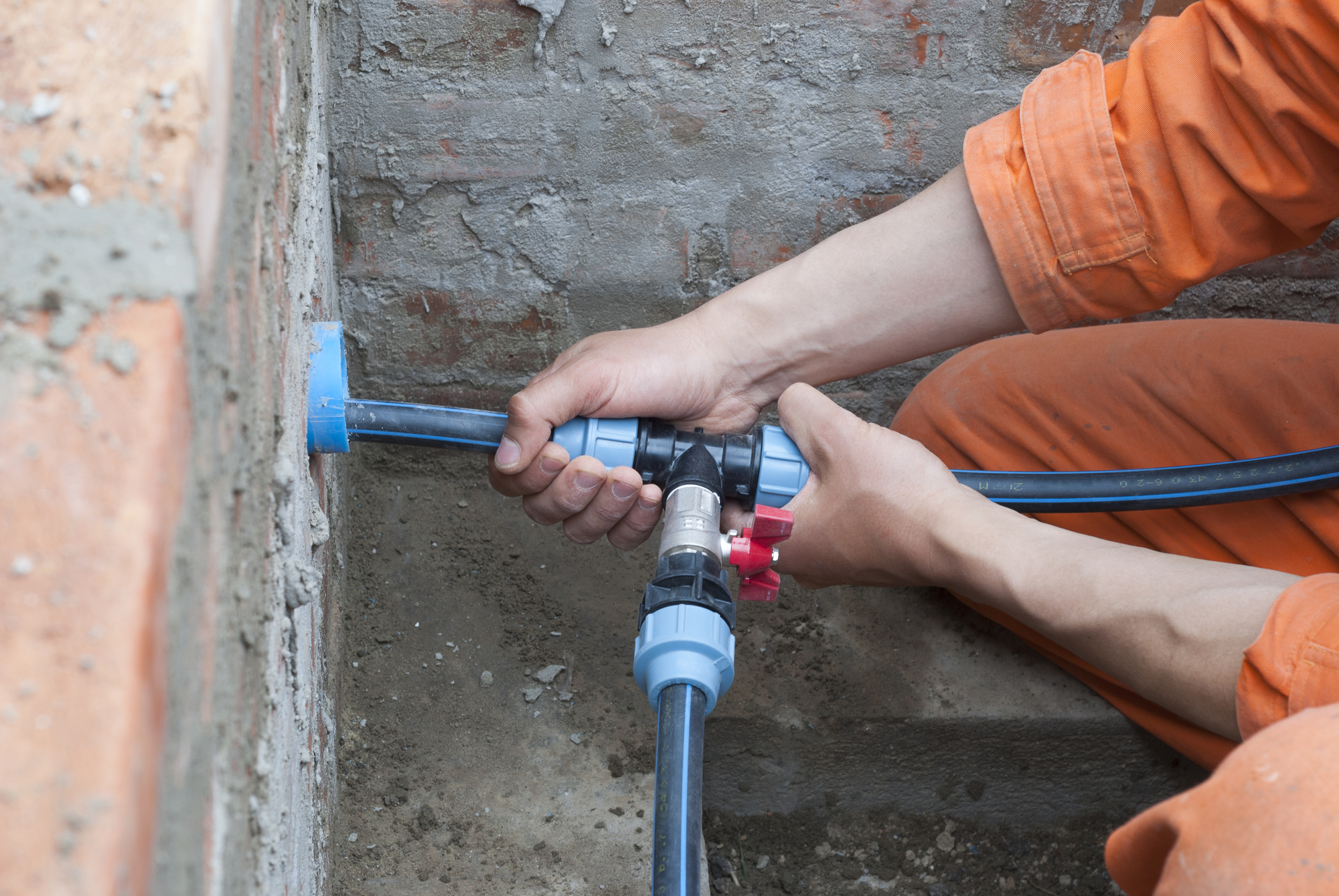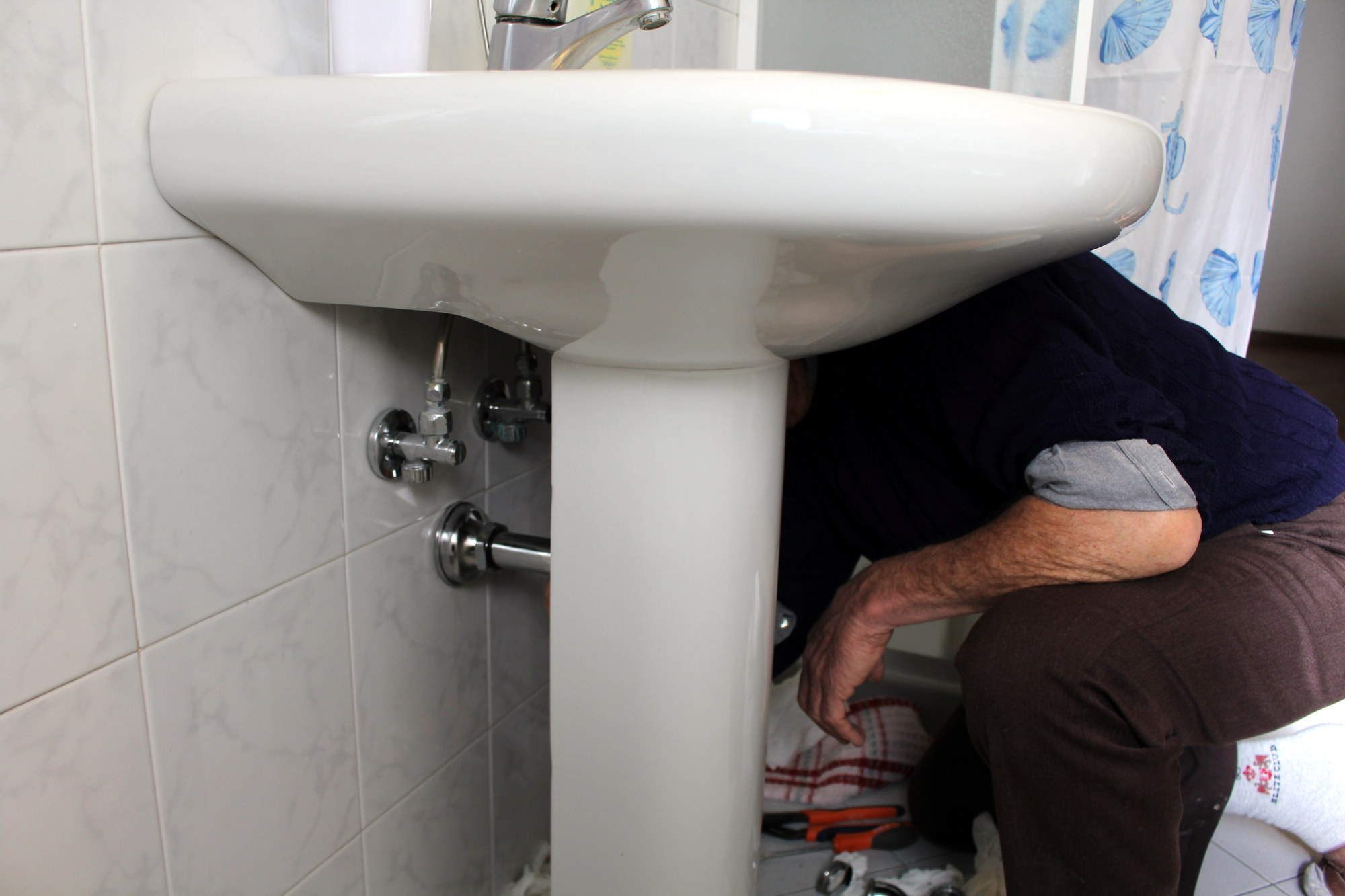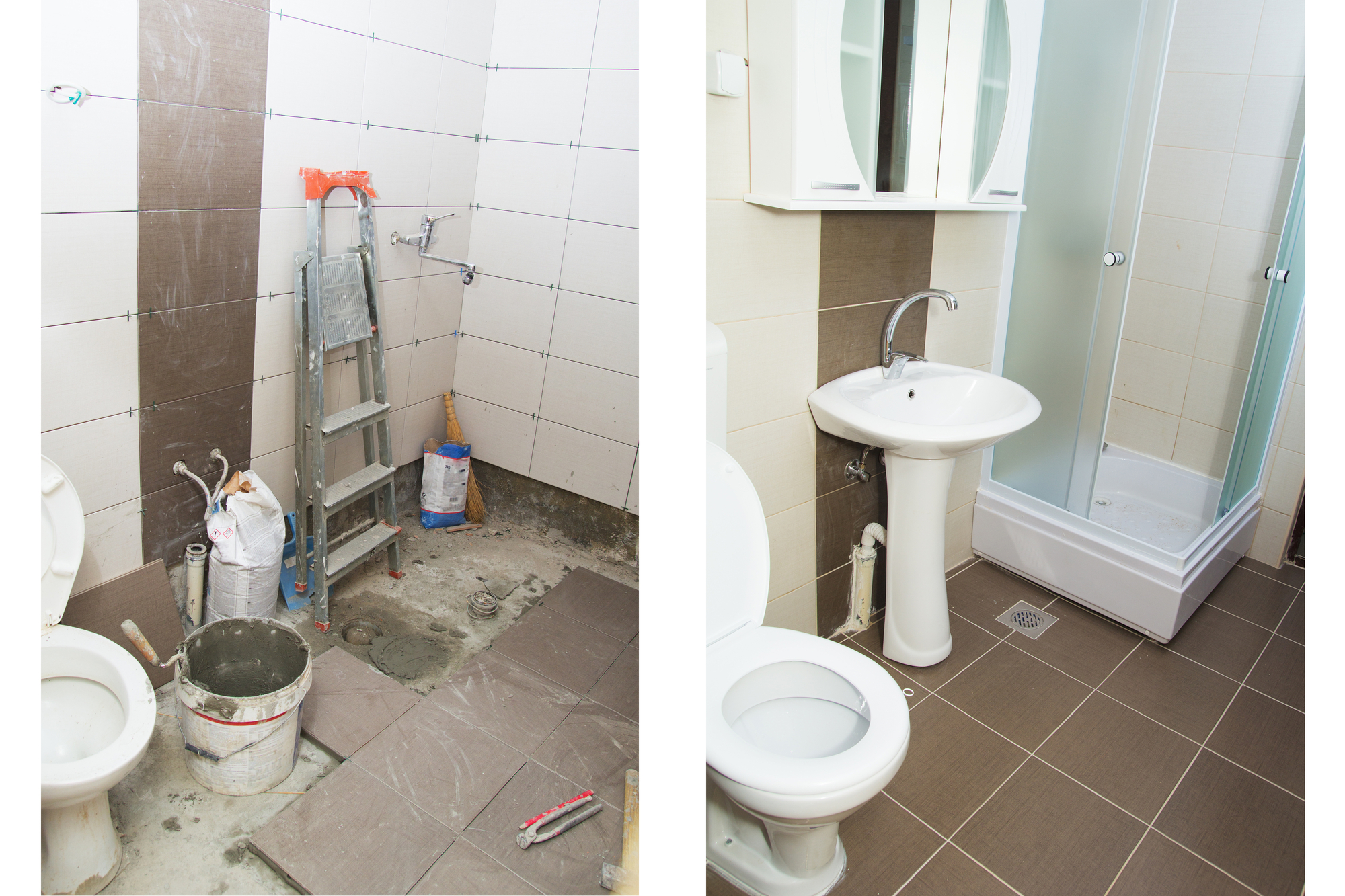As a landlord or tenant, it is essential to understand who has the responsibility for plumbing maintenance in rental properties. This is because plumbing is one of the most essential systems in any building, and any fault could lead to severe health hazards and property damage. In this post, we’ll clarify who is responsible for plumbing maintenance, landlords or tenants.
Responsibilities of Landlords towards Plumbing Maintenance
In most cases, the landlord is responsible for the maintenance of all the plumbing systems in the rental property. These responsibilities include:
1) Water supply and distribution systems: The landlord must ensure that the water supply and distribution systems are in good working order. This involves checking and repairing any leaks in the pipes, fixing broken or malfunctioning faucets and showerheads, and replacing worn-out or faulty washers.
2) Drains and Sewers: Landlords are also responsible for the proper functioning of the drains and sewers in the rental property. This includes clearing any blockages in the drains, fixing or replacing any broken or faulty sewer lines, and ensuring that all the sewer vents are functioning correctly.

3) Fixtures and Appliances: Landlords are also responsible for repairing and maintaining the plumbing fixtures and appliances in the rental property. These include toilets, sinks, dishwashers, washing machines, and water heaters, among others.
4) Water Quality: Landlords must ensure that the water quality in the rental property meets the basic standards required by law. This involves regular testing of the water quality, fixing any problems that may arise, and ensuring that the water supply is safe for human consumption.
5) Plumbing Inspections: Regular plumbing inspections must also be carried out by the landlord to ensure that all the plumbing systems are functioning correctly, and repairs are carried out promptly.
Responsibilities of Tenants towards Plumbing Maintenance
Tenants also have certain responsibilities when it comes to plumbing maintenance in the rental property. These responsibilities include:
1) Proper Use: Tenants should use the plumbing systems in the rental property responsibly to avoid causing any damage or blockages. For example, they should not flush anything that might clog the toilet, such as sanitary pads, tampons, or wipes.

2) Minor Maintenance: Tenants are responsible for minor maintenance, such as changing washers on faucets and showerheads and replacing light bulbs.
3) Reporting Issues: Tenants should report any plumbing issues promptly to the landlord to initiate repairs quickly and avoid further damage.
What happens when there’s a plumbing problem in the rental property?
When there is a plumbing problem in the rental property, the landlord is responsible for initiating repairs and ensuring that the plumbing systems are restored to proper working order. Tenants should report any issues promptly to the landlord and cooperate with the repair process.
However, if the tenant causes the problem through misuse or neglect, they may be held liable for the cost of repairs. For example, if a tenant flushes inappropriate objects down the toilet, causing a blockage in the sewer line, they may be held responsible for the repairs.
Conclusion
In summary, landlords are responsible for the maintenance and repairs of all the plumbing systems in the rental property, while tenants are responsible for minor maintenance and reporting any issues promptly. As a landlord or tenant, it is essential to understand your responsibilities when it comes to plumbing maintenance to avoid potential problems and conflicts. Plumbing systems in any building require continuous maintenance to ensure they operate efficiently. With this knowledge, both landlords and tenants can ensure that plumbing in their rental units remain in good working order.






